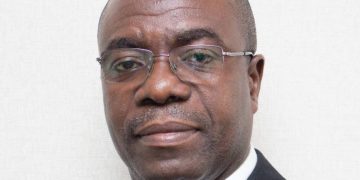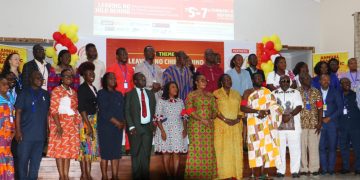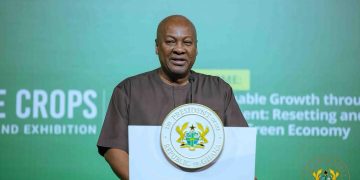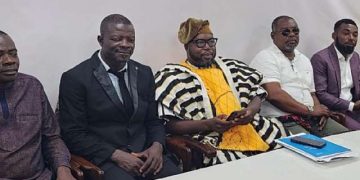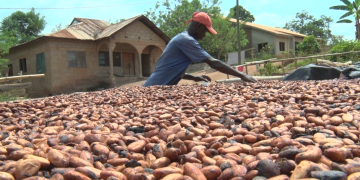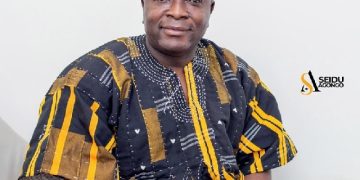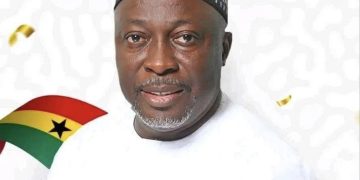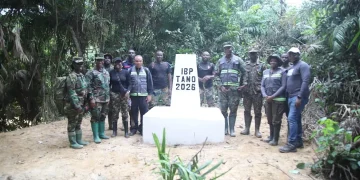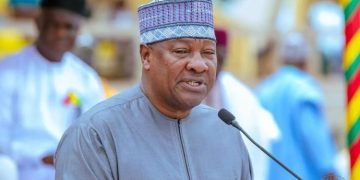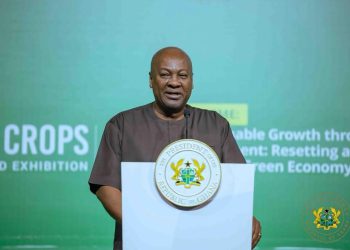When some of us were growing up, Peace FM was not just a radio station. It was a national station of truth, accuracy, and fairness. It was a place where the ordinary Ghanaian could trust the news without fear of propaganda or distortion. Icons like Wofa Sekyere Boateng (of blessed memory), Kwadwo Dickson, and Adjoa Yeboah Adjei shaped many of us. Their calm voices, balanced presentation, and respect for the truth inspired a whole generation to love journalism.
Today, it pains me to say that the Peace FM we admired in our teenage years is slowly changing.
Under the leadership of Nana Yaw Kesse, the station looks like it is drifting from the balanced journalism we once respected. Many listeners feel that the station is now beginning to sound more like a mouthpiece for certain political interests rather than a neutral platform for national development. That is not the Peace FM we knew.
Journalism Is Not Propaganda—It Is a Tool for Truth
As a journalist myself, I believe strongly that journalism must be used to criticise leaders constructively, guide the public with facts, and help the nation grow. That is why I respect journalists like Nana Kwadwo Jantuah , Benard Avle,Osei Tutu, and a few others who continue to criticise every political party with facts, figures, and fairness. That is what journalism should be.
Unfortunately, some presenters today are drifting from this standard.
The Case of Mahama’s Statement and How It Was Twisted
On the morning of 19th November 2025, during the newspaper review, I heard Odi Ahinkan Kwame Yeboah reading a story about former President John Dramani Mahama. The newspaper clearly reported that Mahama said:
He is ready to sign the Anti-LGBTQ bill.
But he supports the Speaker of Parliament’s call for the bill to return to Parliament for some amendments.
And after Parliament finishes the debates and corrections, he will sign it.
These are clear and straightforward points.
Amendment does not mean removing something from the bill.
It simply means improving, cleaning up, or refining parts of the document.
But surprisingly, Odi Ahinkan twisted this simple statement. He told listeners that Mahama said “there is something in the bill that they should remove before he will sign.”
This is false, misleading, and dangerous.
A journalist must never distort facts to push a certain political perception. That is how propaganda starts. And when propaganda enters journalism, trust dies.
Why This Matters
In Ghana today, political tension is high. People depend on radio to guide them. If journalists twist facts—even small ones—they confuse the public and damage national unity.
The job of the journalist is to educate, not to mislead. It is to shine light, not to shade truth. When you twist a statement just to suit your preference or agenda, you destroy the public’s trust in the media.
Peace FM Must Sit Up
This is why I am raising this concern. Not because I hate Peace FM—but because I love the station. I grew up listening to it. Many of us did. We know the standard Peace FM once had. We saw how powerful their influence was in shaping national conversation.
Right now, that standard is falling.
Peace FM must sit up.
Management must check their editorial direction.
Presenters must be trained again on balance, accuracy, and fairness.
Because once people lose trust in media, it is almost impossible to win it back.
Conclusion
Ghana needs strong journalism—journalism that is clean, factual, and fearless. Journalism that does not serve a political party but serves the nation. The old Peace FM did that. We need that Peace FM back.
For the love we have for the station, for the respect it once commanded, and for the role it played in our childhood, we say:
Peace FM, please rise again. Do not let propaganda destroy the legacy you built.
Listowell Nana Kusi-Poku
Huntor-tv Gh
Kwabena Bobie Ansah





